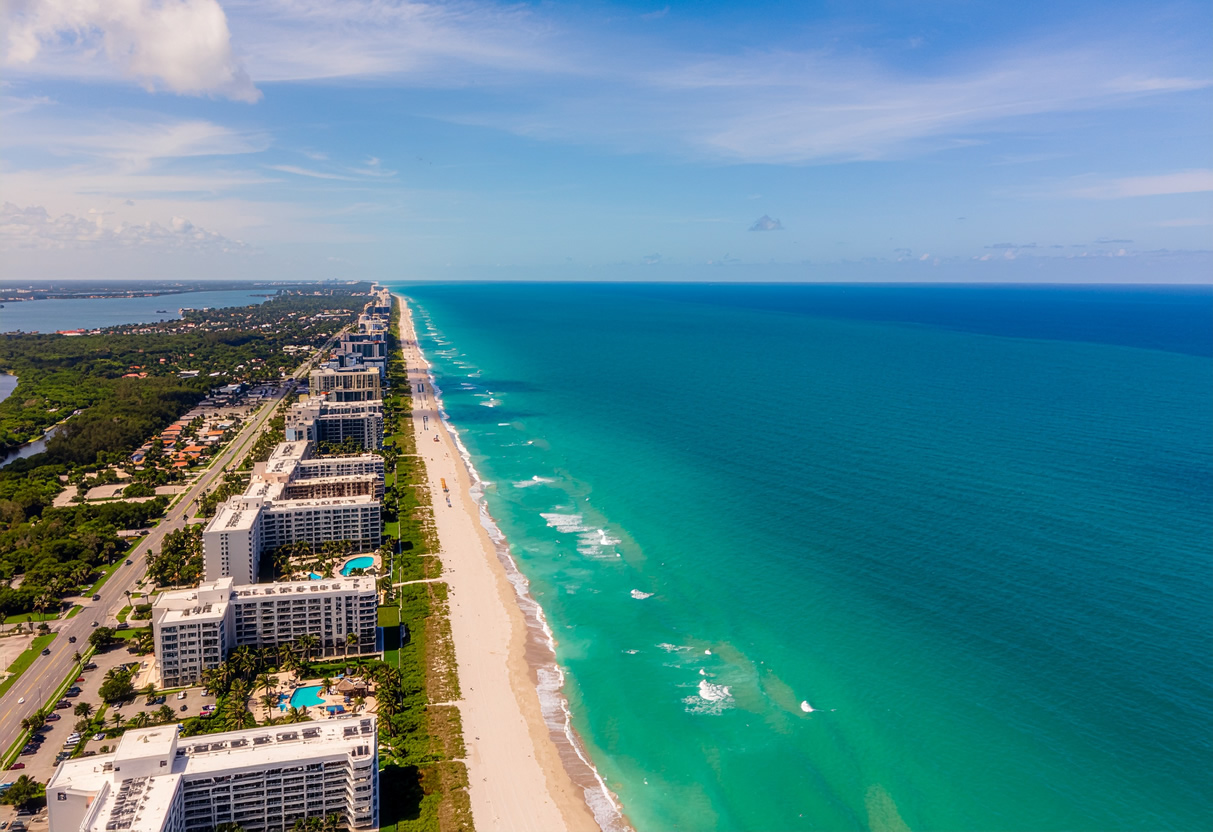
Choosing the right hotel can make or break any travel experience, whether for business or leisure. With countless options available, it’s easy to get overwhelmed by choices, ratings, locations, and amenities.
The most effective way to pick a hotel is by considering essential factors like location, price, guest reviews, and amenities that fit the specific needs of each traveler.
Today’s travelers are looking beyond the basics—free Wi-Fi, convenient access to attractions or meeting spaces, and complimentary breakfast often top the list of priorities. Modern hotels also compete by offering features such as fitness centers, pools, parking, and onsite dining, all of which can be deciding factors for different types of guests.
There are helpful guides from experts with detailed advice on key features and tips for hotel selection, making the process simpler and more efficient.
Identifying Your Hotel Needs

Travelers should consider the specific details of their trip, such as their reason for traveling, their group size, and their budget. These core factors affect the type of hotel to book, the amenities required, and the location that suits best.
Types of Stays and Purposes
Selecting the right hotel depends on the main purpose of the trip. For business travel, features like free Wi-Fi, meeting rooms, a convenient location near business districts, and express check-in options are essential.
Those planning luxury travel often prioritize upscale amenities such as spa services, on-site fine dining, and well-appointed suites. Leisure travelers may look for proximity to tourist attractions, relaxation facilities like pools, or child-friendly spaces.
People on short stays or layovers generally value easy airport access and simple, no-fuss accommodations. Travelers can use a hotel’s star rating as a rough guide but should always cross-check facilities and guest reviews for accuracy.
Eco-conscious guests or those with specific needs—such as pet-friendly hotels or allergy-friendly rooms—should verify these offerings before booking. Travelers should also consider policies on things like cancellation, parking, or late check-outs when tailoring options to their travel purpose.
More tips on matching hotel choice to trip purposes can be found in this guide to choosing a hotel.
Solo, Family, or Group Travel
Traveling alone, with family, or in a group dictates accommodation needs. Solo travelers often prefer smaller boutique hotels or hostels, seeking value for money and a safe location.
They may prioritize social spaces or privacy, depending on their preferences. Families require hotels with larger room options, interconnecting rooms, or suites.
Key amenities include children’s play areas, cribs, kid-friendly menus, and on-site laundry. Proximity to parks or entertainment venues may also be a deciding factor.
Group travelers, including friends or colleagues, need flexibility. Accommodation choices for groups should include multi-bed rooms, ample communal spaces, or villa-style hotels.
Reliable group booking policies and the availability of discounts or complimentary services can significantly impact the overall travel experience. Details on hotel features for different types of travelers can be explored in this travel hotel selection article.
Budgeting for Accommodations
Budget plays a central role in hotel selection. For budget-conscious travelers, it is crucial to compare nightly rates, included amenities, and additional fees such as taxes, resort charges, or parking.
Essential amenities like free breakfast, Wi-Fi, and airport shuttles can add extra value for those monitoring expenses. Luxury travelers may prioritize exclusive experiences and personalized service, often choosing hotels with higher rates to access premium benefits.
Business travelers often adhere to company-imposed budgets but still require efficiency and comfort, so features like complimentary breakfast or loyalty rewards can make certain hotels more appealing. A good approach is to set a maximum budget, then search for hotels within that range, filtering further by required features and desired location.
Online platforms frequently allow travelers to sort hotels by price, rating, and amenities, making it easier to compare options and find the best fit. Room type, travel dates, and any ongoing promotions or loyalty programs should also be reviewed to maximize value for money.
Evaluating Hotel Locations
The location of a hotel impacts convenience, travel efficiency, and how much a guest can experience during their stay. Considering a hotel’s proximity to attractions, business centers, and access to transportation will help travelers make better decisions.
Proximity to Attractions and Business Centers
Selecting a hotel close to major tourist attractions helps save time and transportation costs. Being near landmarks, museums, parks, or entertainment districts reduces the need for lengthy commutes.
For business travelers, staying in hotels located within or near key business centers often leads to fewer hassles with meetings and conferences. Tips for assessing proximity:
- Map the hotel’s location relative to primary destinations.
- Calculate average travel times to frequently visited places.
- Check for walking accessibility or direct transit connections.
Hotels in central districts often offer more restaurants, shops, and nightlife nearby, which can improve the overall stay. For many, choosing a location based on their main activities provides added convenience and flexibility.
For more insights on this topic, visit this article about choosing hotel location.
Access to Local Culture and Transportation
A hotel situated in a vibrant neighborhood can enhance a guest’s ability to explore authentic local culture. Nearby local markets, eateries, and cultural sites offer direct immersion in the destination’s daily life and traditions.
Selecting accommodations that provide easy access to public transport, such as bus stops or metro lines, allows guests to move around the city efficiently and affordably. Key considerations:
- Proximity to major transportation hubs (buses, subways, airports).
- Availability of shuttle services or bike rentals.
- Walkability to local cafes, markets, and cultural venues.
Guests who value cultural experiences or have packed itineraries should favor hotels integrated into lively, easily navigable areas. Prioritizing access routes also minimizes time spent in traffic or searching for transport, which is cited as a top factor in hotel selection.



